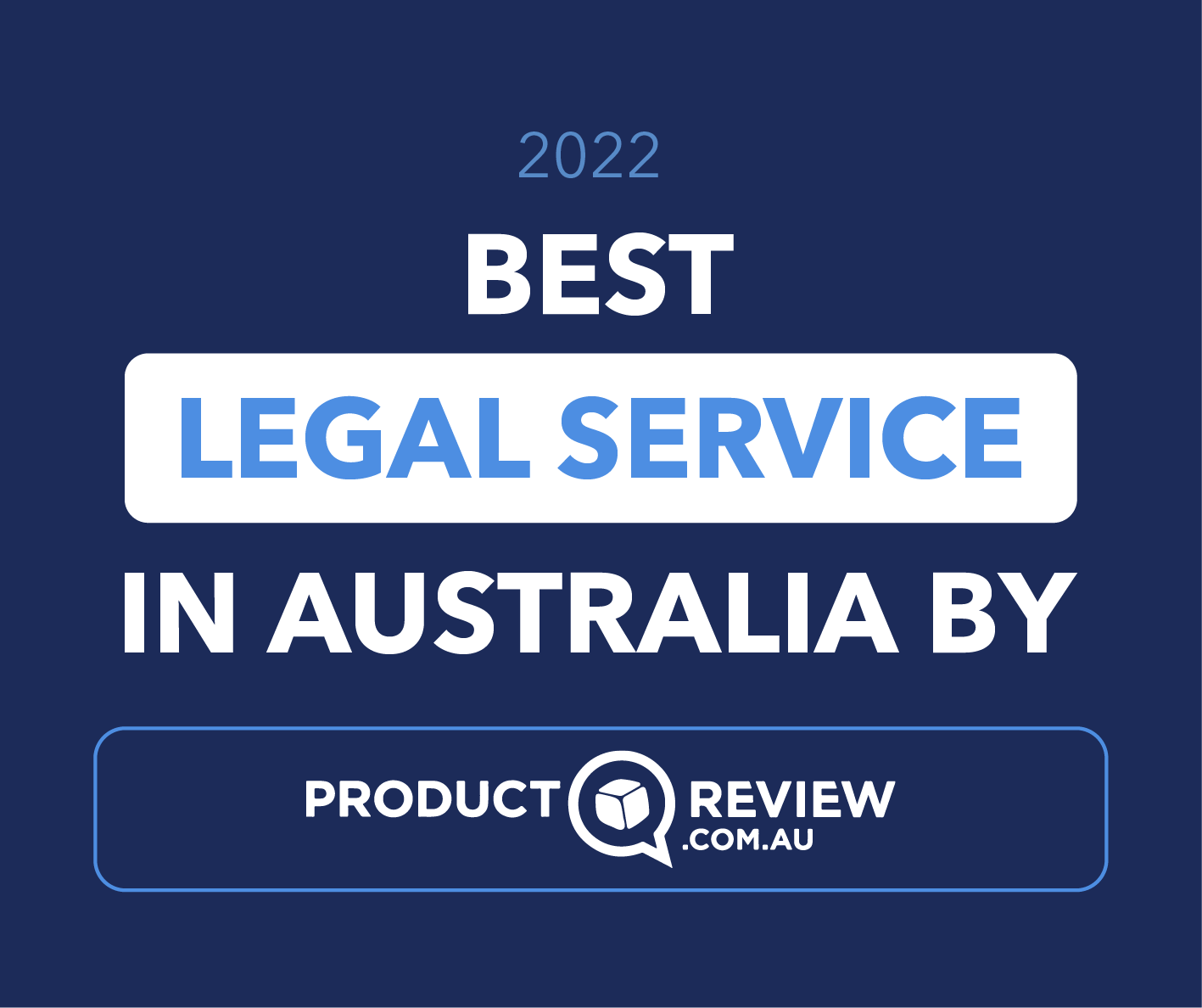Call our lawyers
now
or,
have our lawyers
call you
Parenting Orders and COVID-19
Parenting Orders and COVID-19
Since the outbreak of COVID-19, parents who have a co-parenting agreement or parenting orders have found themselves in uncharted territory. The courts have been operating differently due to the pandemic and are only hearing urgent family law proceedings and are doing so via audio-visual conferencing. As a result, parents are often left contemplating the safety of children and in many cases doubting whether they should strictly follow the existing co-parenting agreement or consent orders if this will pose a risk to the health and safety of a child. This blog post examines how parents can manage to comply with parenting orders and COVID-19 public health directions.
Australian case law surrounding parenting orders and COVID-19 is limited. However, the Family Court of Australia and Federal Circuit Court have been clear that, as always, the best interests of the children are the paramount concern when making any decision. There is a presumption that court orders should be complied with. However, restrictions on movement and the closure of some state borders can make co-parenting difficult and in some cases may mean that failure to abide by the terms of the co-parenting agreement or consent orders during this period might be justified.
Media release by Chief Justice
In a Media release by the Chief Justice of the Family Court, the Honourable Will Alstergren, His Honour provided the following statements on managing parenting orders and COVID-19 restrictions:
- “It is imperative that parents and carers act in the best interests of their children. This includes ensuring their children’s safety and wellbeing. Whilst the Courts make orders that are determined to be in the best interests of a child, caring for and determining the practical day-to-day best interests of a child is primarily the responsibility of parents and carers.
- “Consistent with their responsibilities to act in the children’s best interests, parents and carers are expected to comply with Court orders in relation to parenting arrangements. This includes facilitating time being spent by the children with each parent or carer pursuant to parenting orders.
- “In the highly unusual circumstances now faced by Australian parents and carers, there may be situations that arise that make strict compliance with current court orders very difficult, if not impossible. This may be caused, for instance, where orders stipulate that contact with a parent occurs at a designated contact centre, which may not currently be operating. Or, the “pick up” arrangements of a child may nominate a particular school, and that school is now closed. Many state borders are also closed. In addition, there may be genuine safety issues that have arisen whereby one parent, or someone in close contact with that parent, has been exposed to COVID-19, and this may restrict the safe movement of a child from one house to another.
- “As a first step, and only if it is safe to do so, parties should communicate with each other about their ability to comply with current orders and they should attempt to find a practical solution to these difficulties. These should be considered sensibly and reasonably. Each parent should always consider the safety and best interests of the child, but also appreciate the concerns of the other parent when attempting to reach new or revised arrangements. This includes understanding that family members are important to children and the risk of infection to vulnerable members of the child’s family and household should also be considered.
- “If an agreement can be reached about new parenting arrangements, even if they are to be adjusted for a short period of time, this agreement should ideally be in writing, even if by way of email, text message or WhatsApp between each other. This will be particularly important if there are later family law hearings and will assist all concerned, including the Court, to understand what agreement may have been reached…”
What if orders conflict with government directions?
In some cases, parenting orders and COVID-19 government directions may conflict. This may occur where changeover of a child is to occur at a school or at some other public venue that is not currently accessible. In these circumstances, it is recommended that parents work together and come to an agreement that is suitable for both parties and that abides by government directions, so that there is limited face-to-face contact with other people.
International case law
With limited precedents in Australia for these type of parenting issues during this pandemic, it is useful to refer to international cases to get an idea of how these matters can be dealt with. Although not binding in Australia, these decisions give us examples of how these issues may be dealt with here in the future.
In the recent Canadian decision of Ribeiro v Wright, a mother who had joint custody of a child with the father brought an urgent application to suspend in-person access to the child because of concerns the father would not maintain social distancing. The child resided with the mother during the week while the father had access on the weekends.
The Judge handed down judgment, stating:
- “there should be a presumption that existing parenting arrangements and schedules should continue, subject to whatever modifications may be necessary to ensure that all COVID-19 precautions are adhered to – including strict social distancing
- In some cases, a parent’s personal risk factors (through employment or associations, for example) may require controls with respect to their direct contact with a child.
- In some cases a parent’s lifestyle or behaviour in the face of COVID-19 (for example, failing to comply with social distancing; or failing to take reasonable health-precautions) may raise sufficient concerns about parental judgment that direct parent-child contact will have to be reconsidered. There will be zero tolerance for any parent who recklessly exposes a child (or members of the child’s household) to any COVID-19 risk.
- Transitional arrangements at exchange times may create their own issues. At every stage, the social distancing imperative will have to be safeguarded. This may result in changes to transportation, exchange locations, or any terms of supervision.
- And in blended family situations, parents will need assurance that COVID-19 precautions are being maintained in relation to each person who spends any amount of time in a household – including children of former relationships.”
The Ontario Superior Court Justice advised the parents to work in a “co-operative and conciliatory” manner…….. for the sake of our children” when managing parenting orders and COVID-19 restrictions. Although this case is not binding here in Australia it shows a possible approach that might be reflected in future cases involving parenting orders and COVID-19.
If you are uncertain about your current family court orders and whether the orders currently in place are still in the best interest of your child, if the other party has breached the co-parenting agreement or parenting orders, or if you require assistance in any other legal matter, please contact Go To Court Lawyers.

Affordable Lawyers
Our Go To Court Lawyers will assist you in all areas of law. We specialise in providing legal advice urgently – at the time when you need it most. If you need a lawyer right now, today, we can help you – no matter where you are in Australia.How It Works






1. You speak directly to a lawyer
When you call the Go To Court Legal Hotline, you will be connected directly to a lawyer, every time.

2. Get your legal situation assessed
We determine the best way forward in your legal matter, free of charge. If you want to go ahead and book a face-to-face appointment, we will connect you with a specialist in your local area.

3. We arrange everything as needed
If you want to go ahead and book a fact-to-face appointment, we will connect you with a specialist in your local area no matter where you are and even at very short notice.










